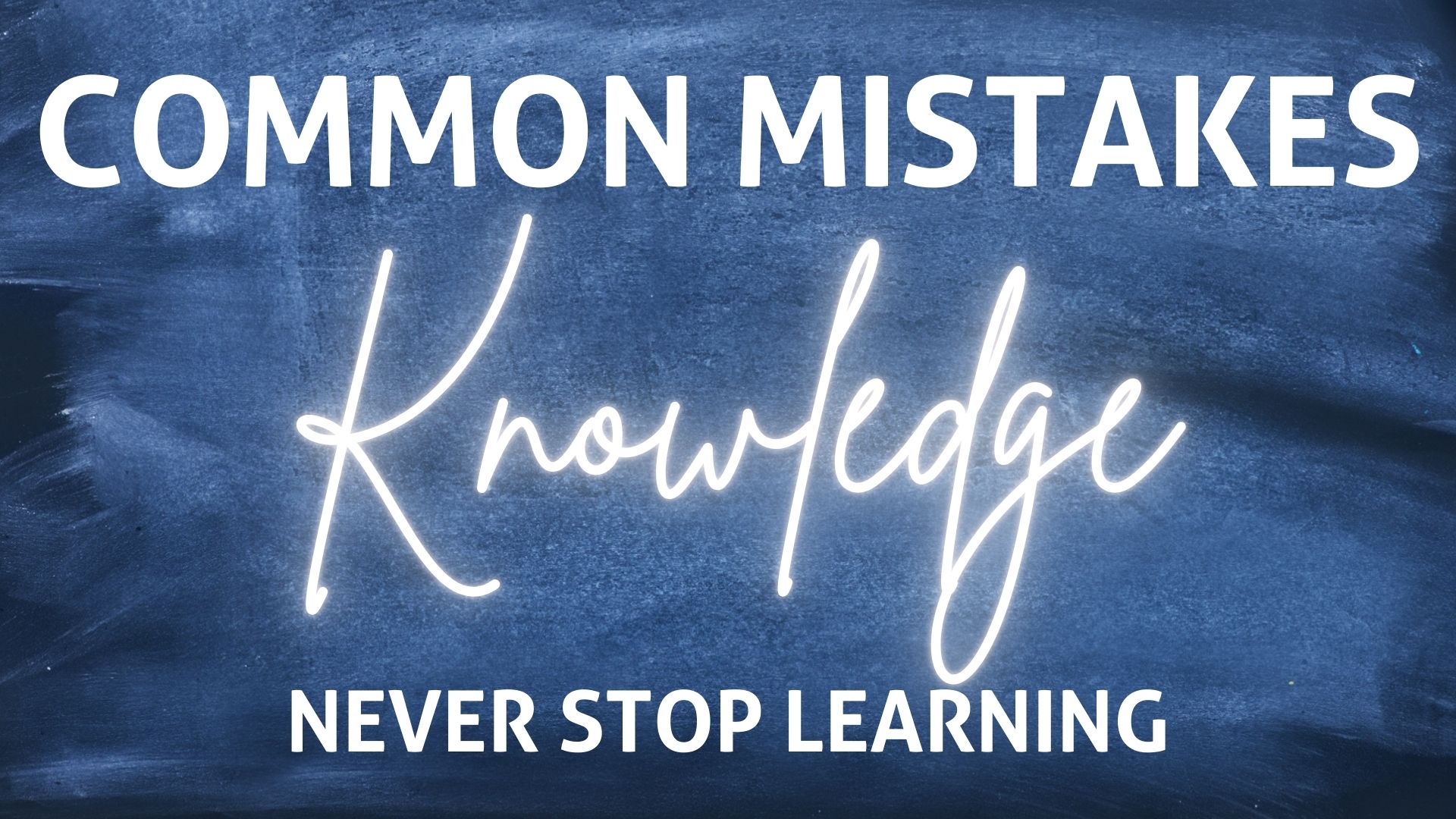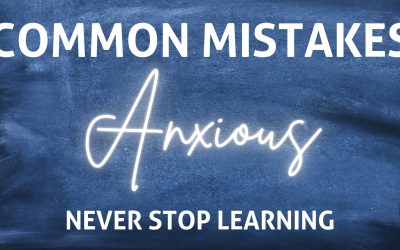Episode Transcript
this is your host Danny and this is common mistakes from English plus podcast.
Do you want to learn about the common mistakes we make using the word knowledge, it might sound like an easy word to you. But trust me, we make a lot of mistakes using this word, especially when we use it in places where we don’t need to use it at all. If you want to learn about the common mistakes we make using the word knowledge, join me in this common mistakes episode, we will talk about all that if you want to find the transcript of this episode, you can find the link in the description which will take you to the custom post I created for this episode on my website English plus podcast calm and also in the description, you will find a link to my page on Patreon. Take a moment to consider becoming a patron of English plus podcast. By doing that you will be giving me the time and resources necessary to create more of the content you love. And now without further ado, let’s start talking about the common mistakes we make using the word knowledge.
Well, let me start with this example. I don’t have much knowledge about it. Another example, I only have a little knowledge about the United States or the man had a good knowledge of car engines. Well, what’s wrong with that might seem okay not to have much knowledge or to have little knowledge or to have good knowledge, what maybe good knowledge is a little bit okay, but the first two examples I gave you, not at all, when talking informally about how much someone knows about something we usually use the verb know not have knowledge. For example, I say, I don’t know anything at all about computers, or talk to Pam, she knows a lot about horses, etc. So here we usually use the verb have knowledge is mainly used in formal styles. When you give precise details of what someone knows, for example, Tucker has an excellent knowledge of Sri Lankan tea plantations, that is a kind of a formal use. But I’m pretty sure that these examples I gave you are not that formal. We’re just talking casually about people and like everyday language in everyday language. We don’t say that instead of saying I don’t have much knowledge about it, you simply say, I don’t know much about it. I don’t know much not I don’t have much knowledge about it’s kind of weird, say this way. And the second one, I only have a little knowledge about the United States. Instead of saying that very formal, very strange, you say I don’t know very much about the United States that is more natural. And it makes sense in conversations everyday language. And the last example, instead of saying the man had a good knowledge of car engines, we can say the man knew a lot about car engines, that makes more sense that is more natural to use in everyday language. Now, let me move to two more examples. I’ve learned a lot of knowledge during the course, they get the knowledge of AIDS from the television. Oh, what’s wrong with that? The problem is that we don’t need knowledge here. I mean, why would we say I’ve learned a lot of knowledge during the course, you learn a lot or a great deal of something period. You don’t need to say learn or get knowledge. You say, for example, I’ve learned a lot this year, I’ve learned a lot in general, or about something fine. But I’ve learned a lot not I’ve learned a lot of knowledge doesn’t make any sense. We don’t use it this way. We say for example, she’s improving, but still has a lot to learn, not a lot of knowledge to learn. Nobody says that it doesn’t make any sense. We say learn about something we’ve been learning about the American political system, if you want to say what it is you are learning about, say learn about something not learn knowledge about doesn’t make any sense. So let’s go back to these two examples and fix them. Instead of saying I’ve learned a lot of knowledge during the course, we should say I’ve learned a lot during the course here, that a lot of knowledge. And instead of saying they get the knowledge of AIDS, we don’t say that we just say they learn about AIDS from the television. So that is the second point I want to talk about when it comes to common mistakes when we use the word knowledge. Let me give you one more example. And the third point to talk about I would like to get more knowledge of ancient history. Well, I’m not gonna say it is wrong, because it is not. But it is strange. Never heard of it before. nobody uses it this way. Nobody says I would like to get more knowledge of something. As I told you, this is not natural. The natural way is to use other verbs like improve increase further or brush up your knowledge of something. For example, I’d like to improve my knowledge of Asian cultures or increase or further my knowledge or brush up my knowledge of Asian cultures, not get more knowledge, get more knowledge. While it is correct, grammatically and everything it doesn’t sound natural. That’s the problem with it. So instead of saying I would like to get more
Knowledge of ancient history, maybe a better way to say it is I would like to improve my knowledge of ancient history. Let me move to another example. I am attending this course to improve my knowledge of English. Well, you might have guessed, obviously, we’ve been talking about knowledge, and it seems something that we can count, right? Obviously, yes, knowledge never has a plural ending. Never. I mean, you will never find something that says knowledge is so knowledge is is the problem. It cannot be plural, it is always singular, we should say I’m attending this course to improve my knowledge of English, not my knowledge is And now for the last example for this episode. In this job, you will need a good knowledge in English. Now what’s wrong with that? Well, do you think a good knowledge we can say a here? Well, actually, we can. We can say a good knowledge of something. I spilled the beans of something, not in or on we use the preposition of a subject knowledge of a subject, not knowledge in a subject or knowledge on a subject. We don’t use it this way. So here instead of saying in this job, you will need a good knowledge in English, we should say in this job, you will need a good knowledge of English. That’s the problem. And that is everything I wanted to share with you regarding the common mistakes we make when we use the word knowledge. I hope you found that useful. And I hope you use this knowledge to improve your conversation and writing. Don’t forget that you can find the transcript on my website English plus podcast.com. The link is in the description and also consider becoming a patron of English plus on Patreon. With that being said, this is your host Danny thank you very much for listening to another common mistakes episode from English plus podcast. I will see you next time.










0 Comments